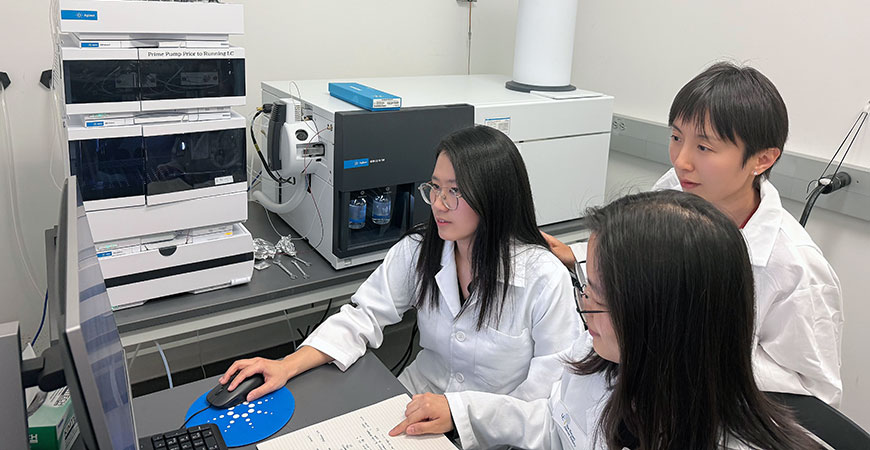California’s Central Valley, famous for producing much of the food Americans eat, is also infamous for its inferior air quality and its high rates of poverty, housing insecurity and at-risk workers.
Increasing epidemiological evidence has shown a correlation between long-term exposure to...





